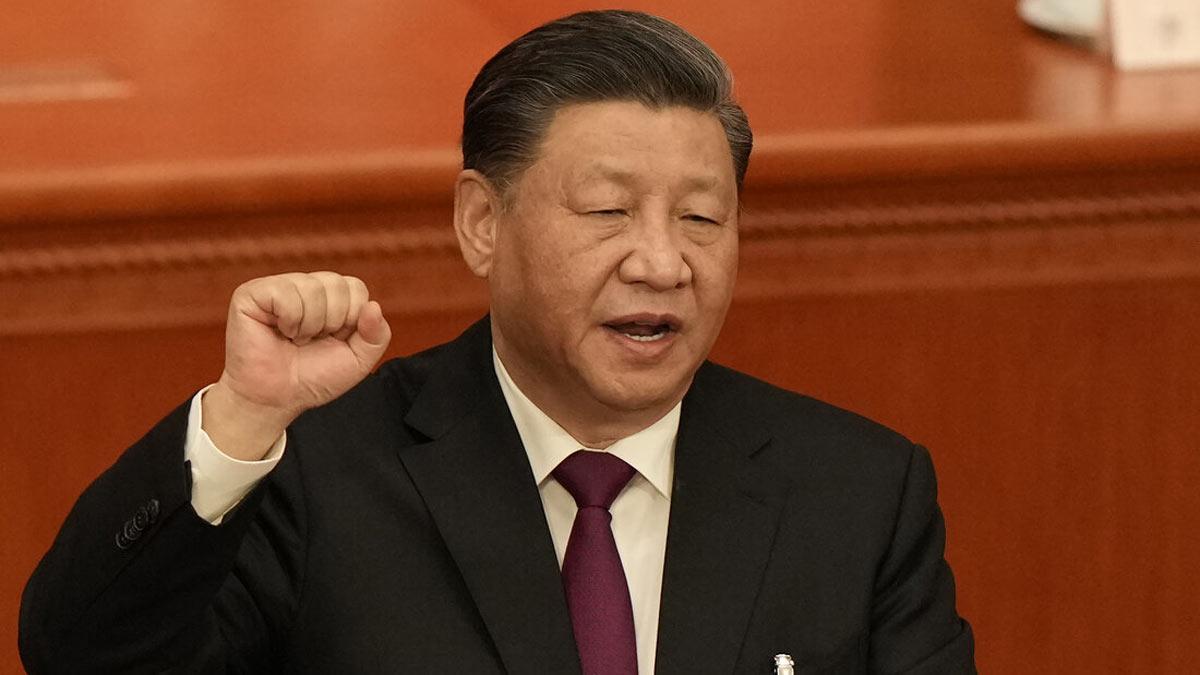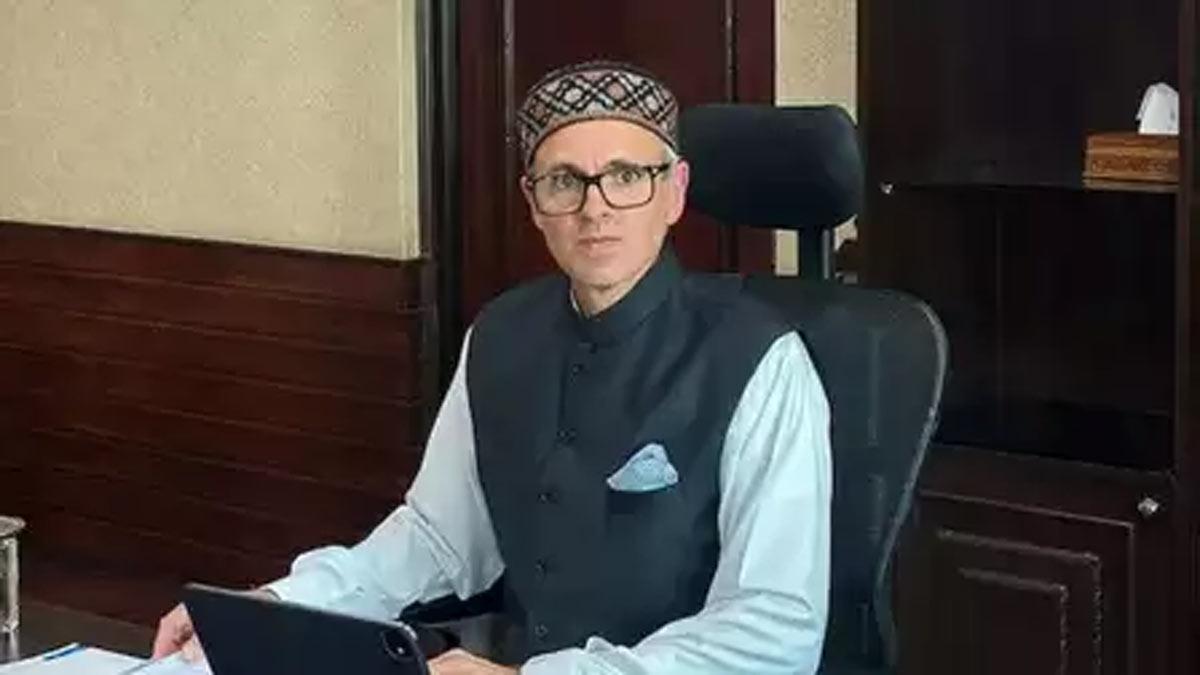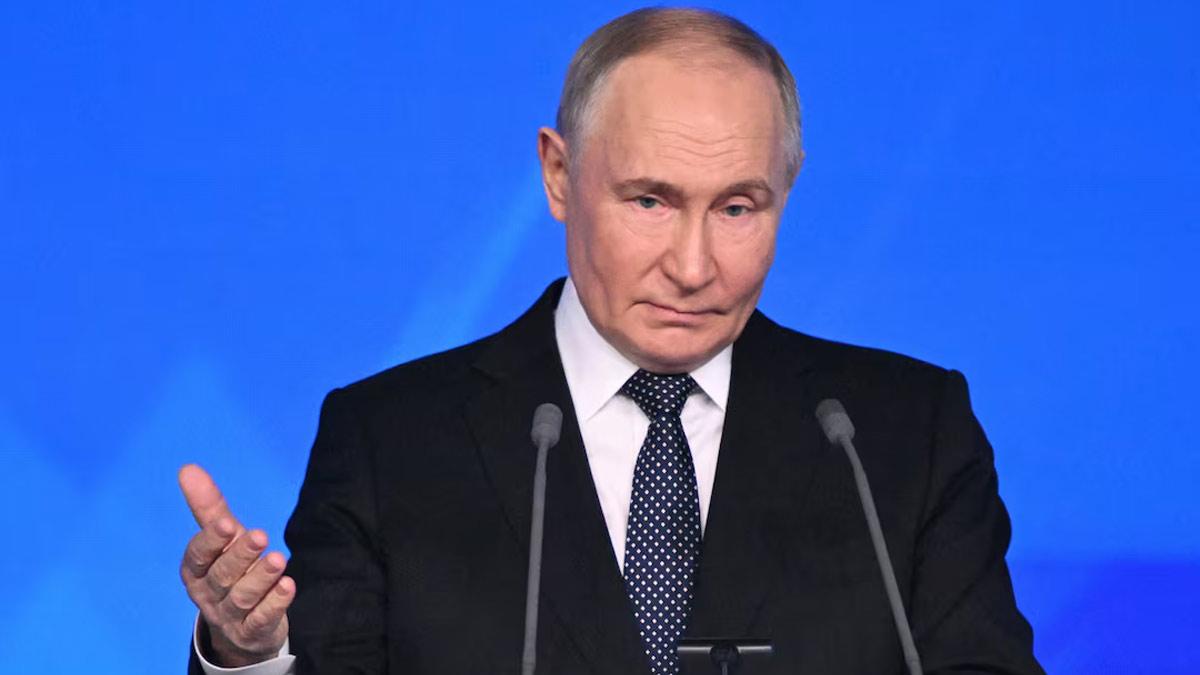While the U.S. President Donald Trump's style has unsettled America's friends as well as posed a threat to economic stability with his use of tariffs, China has consistently been an international stabilizing force, by and large.
But this narrative is tested once more as President Xi Jinping makes a trip to Moscow for negotiations with Russian President Vladimir Putin, who will roll out the red carpet for Xi as "main guest" at a military parade this week marking the 80th anniversary of Soviet Russia's triumph over Nazi Germany in World War II.
For Xi and Putin both, the visit is a method of enhancing their legitimacy by aligning themselves on the right side of the history of resistance against fascist regimes. Xi has framed the anniversary as an opportunity to draw parallel lines between past and present threats, including comparing what he terms American "bullying" to fascism that was resisted during the war. In a signed article carried by Russian media, Xi wrote, "We should draw lessons from history, learn wisdom and power from the precious experience of the Second World War and victory in the anti-fascist war, firmly oppose all hegemonies and power politics, and unite to build a brighter future for human mankind."
However, Xi’s visit and his appearance with Putin at Red Square will also underscore China’s backing of Russia’s ongoing war in Ukraine. This conflict, which has persisted for over three years, has resulted in staggering casualties and reshaped the security landscape of Europe. The optics of the visit will make it difficult for China to try to rebuild relations with Europe, while it is dealing with the fallout from its own trade war with the United States. While China and the U.S. are set to resume trade talks this weekend in Switzerland, the path to resolving their issues is unsure. In the meantime, China is looking to expand its relations with Europe, a significant market for its exports that previously relied heavily on American demand.
Noah Barkin, a senior adviser at Rhodium Group, noted, “Xi’s presence in Moscow, alongside Putin, will serve as a stark reminder to Europe of just how close this relationship has become, and the threat that it could one day pose to NATO’s eastern flank.” He further emphasized that while Trump's efforts to negotiate a peace deal in Ukraine had initially obscured the issue, China’s actions in Europe will now draw more scrutiny as Beijing courts the region.
China has historically attempted to lure European Union nations out of the American camp. It has been stymied by human rights concerns, a growing trade deficit, and Beijing's stubborn defense of Moscow following the Ukraine war. In recent times, China has attempted to un-freeze relations with Brussels with an eye to profiting from the cracks in the transatlantic partnership created by Trump's belligerence towards Europe. On Tuesday, Xi called for a "healthy and stable China-E.U. relationship."
At the same time, China's foreign ministry declared that it had agreed to lift sanctions on European Parliament members as a gesture of an effort to revive stalled negotiations for a frozen investment agreement. Brussels remains cold to this, though. Alicja Bachulska, a researcher at the European Council on Foreign Relations, pointed out that Xi’s diplomatic balancing act involves appealing to both factions in Europe—those who see China as a threat and those who view it as an essential economic partner.
Meanwhile in Beijing, European Union ambassador to China Jorge Toledo emphasized the EU's complete backing of Ukraine as he said, "The E.U. will stand with Ukraine, whatever it takes and for how long it takes," during a reception which featured top Chinese diplomat Hua Chunying.
As part of its display of solidarity with Russia, Beijing's People's Liberation Army will march in Moscow's Victory Day parade on Friday, and Putin will use the occasion to remind Russia of the emotional appeal of Soviet sacrifices in the war. The anniversary commemorates the defeat of Nazi forces in 1945 and is marked by many Russians as a costly one to bring the world out of fascism. Putin has been using this line of argument to secure popular backing for his military interventions, falsely portraying Ukrainian President Volodymyr Zelensky, a Jew, as a Nazi leadership.
China has been instrumental in being Russia's partner in its war against Ukraine. Although Western sanctions have semi-isolated Moscow, China has ramped up economic and political interaction with Russia, providing essential materials such as oil and technology that supported the war effort. China has also plugged the gap left by Western firms retreating from Russia and has become a principal source of consumer goods, including cars.
As Xi continues to court Europe, his friendship with Putin remains a mainstay of Chinese foreign policy. Beijing views Moscow as a counterweight to the influence of America and a key partner in reshaping the world order to push back against Western hegemony. Alexander Gabuev of Carnegie Russia Eurasia Center noted, "Being next to Putin will mean that he has leverage, that he has bet on the right horse, and the audience will be domestic and in the global south," i.e., developing nations.
Putin himself has regularly indicated the importance his relationship takes in his calculations by welcoming Xi many times over the past decade. It's crucial for Beijing as relationships have grown increasingly prickly amidst a trade-war environment and warfare across Ukraine.
Yun Sun, an analyst from Washington's Stimson Center, added, "The urgency was to convey to the U.S. that China and Russia enjoy an unbeatable relationship. There have been some instances of suspicion and skepticism within recent months, especially with direct interaction between the United States and Russia," and saying the current impasse in U.S.-Russia peace talks offers China and Russia greater incentives to present a united front.
Read also| Trump Urges Swift Resolution Amid India-Pakistan Tensions


















